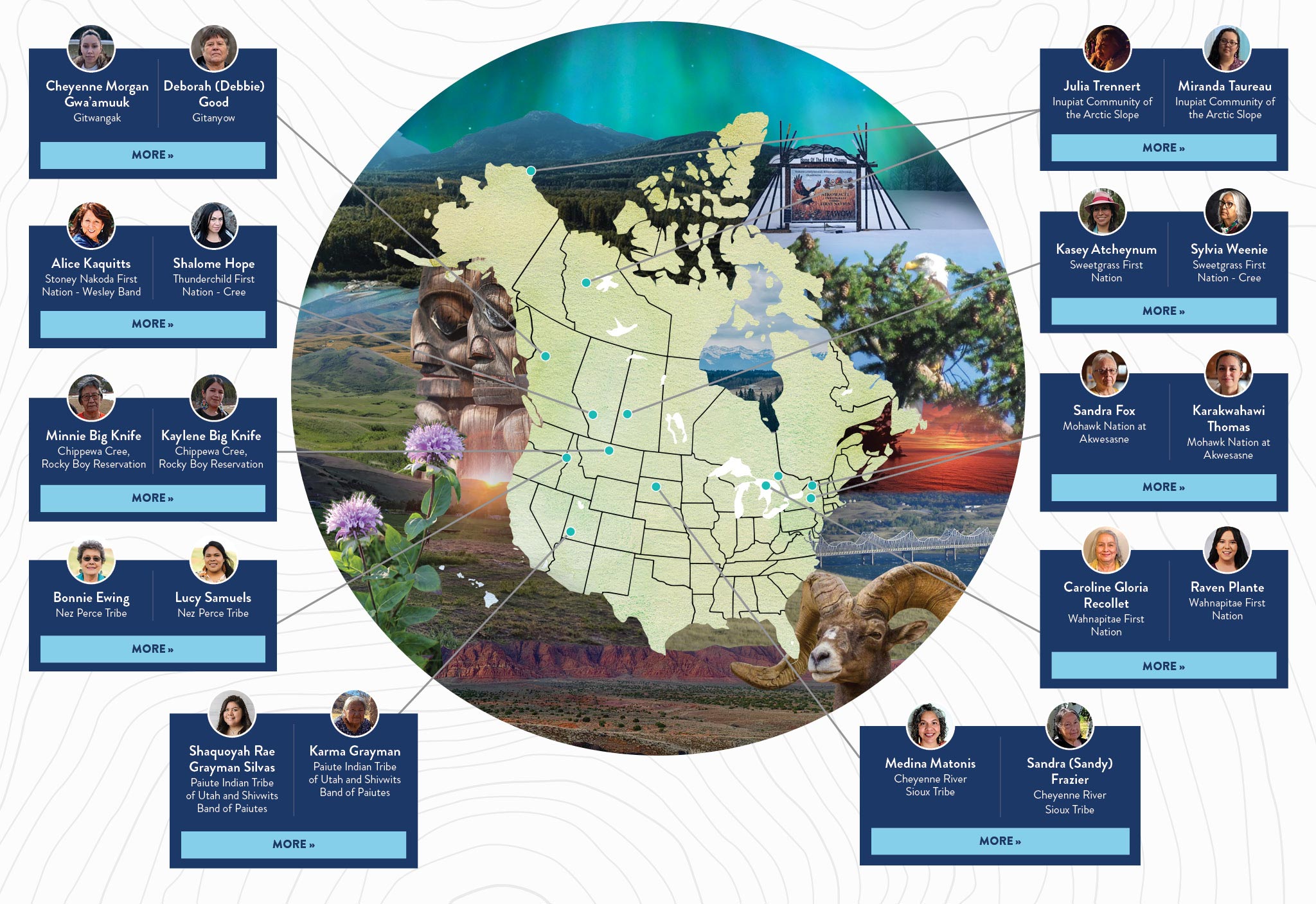Meet Our Circle 4 Legacy Leaders and Future Legacy Leaders!
These powerful women leaders are participating in a sisterhood program that will help nurture their relationship over the trajectory of their lives. The program is designed to encourage, support and deepen cultural knowledge between Indigenous women elders and younger Indigenous women. Ultimately, connecting them as one with their communities, traditions and Mother Earth.
Together, the women will work on self-determined cultural and spiritual leadership priorities in their communities ranging from: Intergenerational knowledge transfer; traditional art and weaving; ceremonial and cultural knowledge; language preservation and empowerment; mentoring in Indigenous womanhood; tradition healings, trauma recovery and medicine; traditional governance; storytelling.
Join us as we seek to elevate the lives, voices, and dreams of these leaders who are restoring balance to our ways of life and making lasting impacts for future generations.
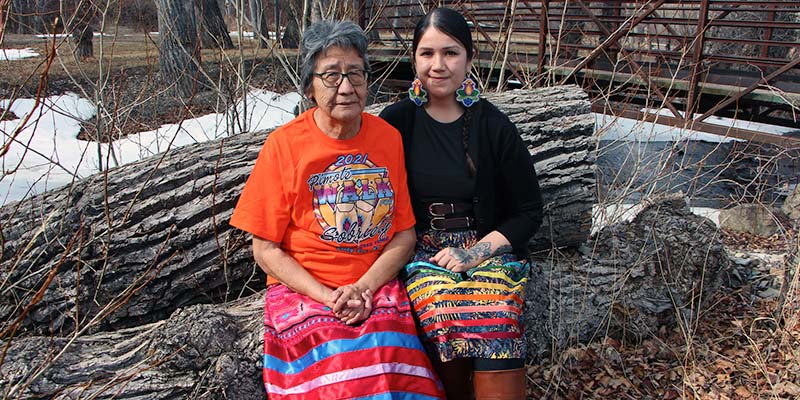
Minnie Big Knife
Chippewa Cree, Rocky Boy Reservation
“As told by the past tribal elders, their ancestral homeland was made possible by prayers, smudging of the sweetgrass, and lifting of the pipe.”
Kaylene Big Knife
Chippewa Cree, Rocky Boy Reservation
“I promote cultural and social change by being open-minded and focused on future generations.”
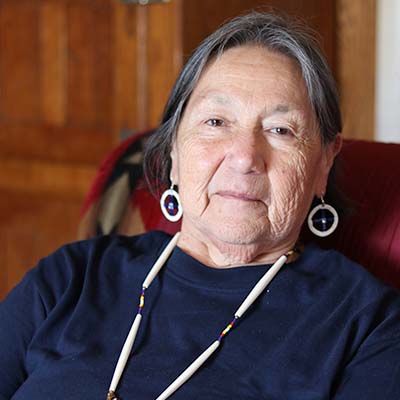
Sandra (Sandy) Frazier
Cheyenne River Sioux Tribe
“They say the spirits know us by our Lakota names.”
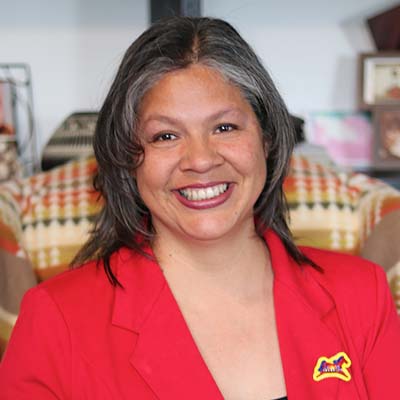
Medina Matonis
Cheyenne River Sioux Tribe
“Our women are the backbone of our nation. They are the nation builders.”
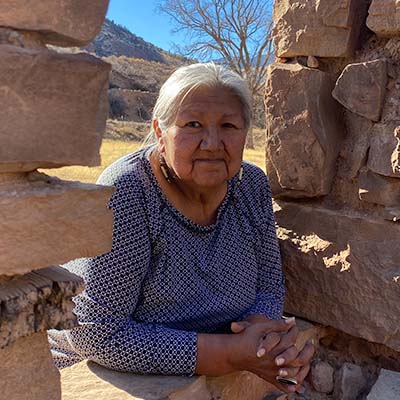
Karma Grayman
Paiute Indian Tribe of Utah and Shivwits Band of Paiutes
“Our language and history have been put away. Now they need to be shared.”
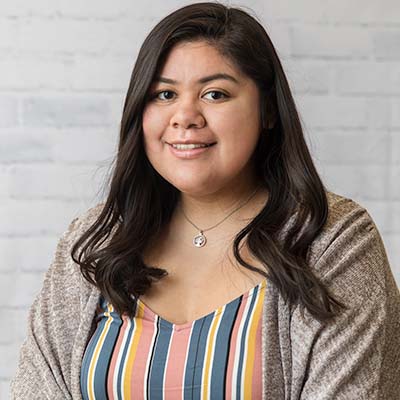
Shaquoyah Rae Grayman Silvas
Paiute Indian Tribe of Utah and Shivwits Band of Paiutes
“I’m working on social and cultural change by giving our youth encouragement and support.”
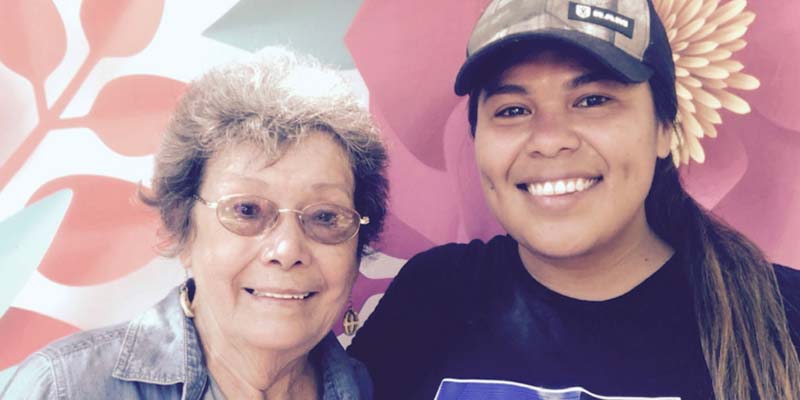
Bonnie Ewing
Nez Perce Tribe
“Horses are a spiritual portal to better self-esteem, health, education and Native identity.”
Lucy Samuels
Nez Perce Tribe
“I hold deep love, appreciation and respect for my Nez Perce generations.”
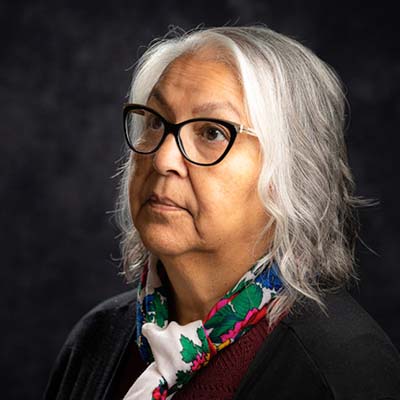
Sylvia Weenie
Sweetgrass First Nation – Cree
“Women are the heart of the family, the home, the camp, the nation.”
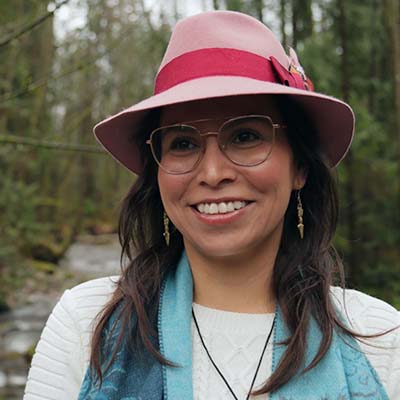
Kasey Atcheynum
Sweetgrass First Nation
“We are all born artists; in our stories, our wardrobe, the way we lived, and as teachers.”
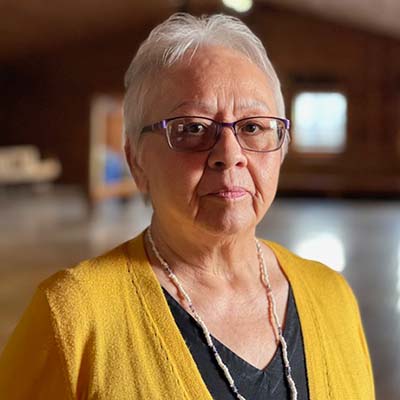
Sandra Fox
Mohawk Nation at Akwesasne
“I plant seeds in people’s minds.”
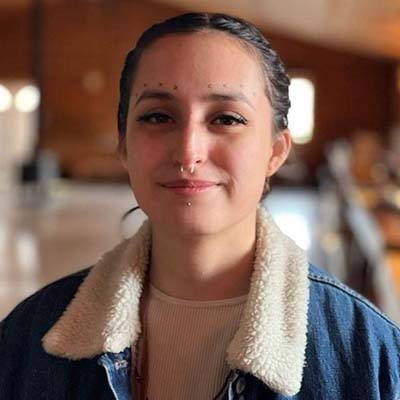
Karakwahawi Thomas
Mohawk Nation at Akwesasne
“We create spaces of healing and knowledge transfer for the betterment of our future generations. “
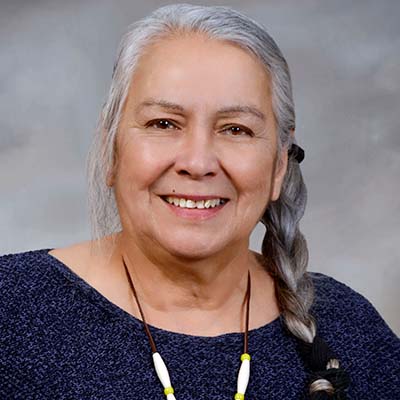
Caroline Gloria Recollet
Wahnapitae First Nation
“The English language does not have spirit and heart, but my Ojibwe languages are full of it.”
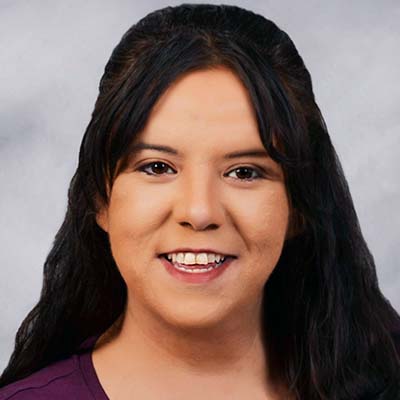
Raven Plante
Wahnapitae First Nation
“My love for the language is a lived experience. I hear it in my dreams.”
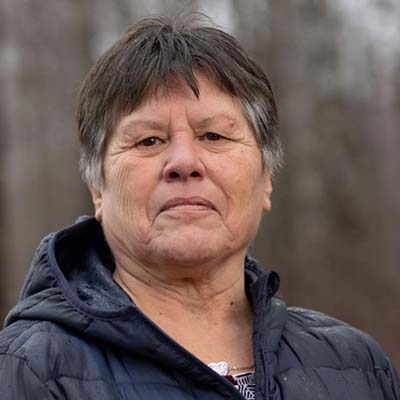
Deborah (Debbie) Good
Gitanyow
“It’s the land and the language that really define who we are as Gitxsan People.”
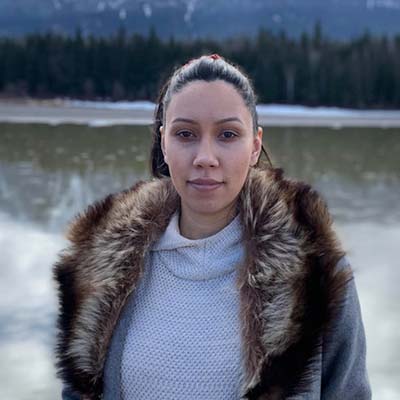
Cheyenne Morgan Gwa’amuuk
Gitwangak
“I believe we do a lot of healing when we’re in our language and on our land.”
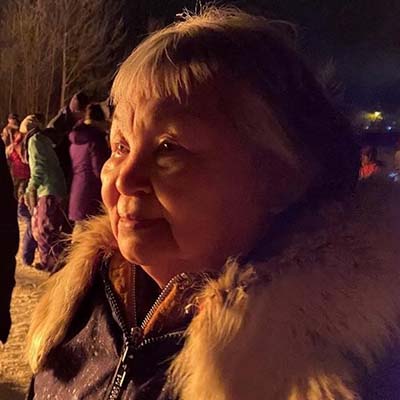
Julia Trennert
Inupiat Community of the Arctic Slope
“I consider my ancestral land very sacred, meaning wherever I walk I can feel the presence of my ancestors.”
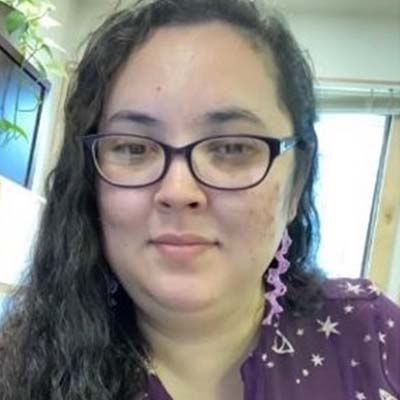
Miranda Taureau
Inupiat Community of the Arctic Slope
“I want them to know what people have gone through to get us to where we are today and to give thanks for their dedication and sacrifices, they gave for us to have the life we have now.”
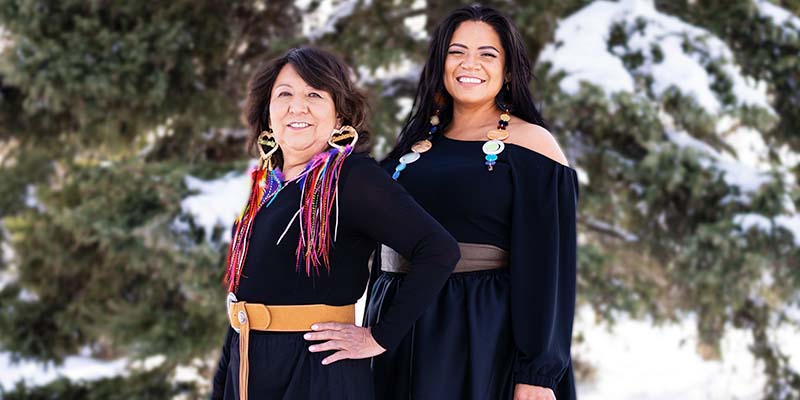
Alice Kaquitts
Stoney Nakoda First Nation – Wesley Band
“My Lethka language defines who I am, and therefore connects me to the universe.”
Shalome Hope
Thunderchild First Nation – Cree
“The intimate space where empowerment truly blossoms for me, is in the spiritual and purposeful practices of my new family, the Nakoda Traditionalists.”

